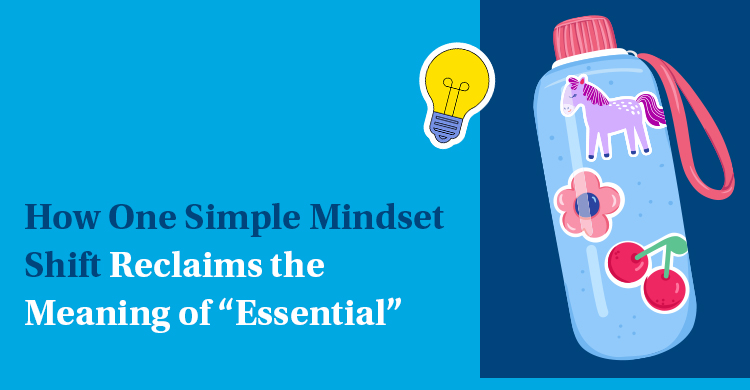Post-conferences, summatives, etc. (insert your post-conference verbiage) aren’t easy for teachers. Here are 3 ways you can immediately change your post-conferences to not only make them more teacher-friendly, but also more effective and focused on professional growth.
1.) Stop asking “How do you think the lesson went?” 99% of the time the responses will go one of 2 directions:
Response A.) “It went really well!” Most of the time, we are inclined to talk about how well it went. As humans, we possess bias known as illusory superiority, where we tend to overestimate our own qualities and abilities, relative to others. This effect will distort what actually happened and won’t give us an accurate picture.
Response B.) “It went well, but could have been better if I…” We don’t want to be the person that comes across as unteachable or not able to grow, so we throw in some humility. Even the most genuine and sincere responses to the aforementioned question don’t get us to the heart of the conversation that needs to happen.
Instead ask, “How did you reflect on the lesson?” This places the emphasis not on ability or perceived experience, but on the processes we used to reflect, analyze, synthesize, and evaluate our thinking, learning, teaching, and success. This opens the door to conversations about metacognitive processes, inclusion of student feedback, and trusted peer observations. Speaking of…
2.) Stop making it a one-sided principal-to-teacher conversation. Instead, invite other teachers to take part in the observation process.
We aren’t very good at judging our own aptitudes and competencies, but we’re actually quite good when it comes to critiquing others. Encourage teachers to invite teacher colleagues, with whom mutual trust and respect has already been established, into the classroom. This trusted teacher can provide additional helpful and specific feedback to the teacher being observed.
3.) Stop holding the post-conference in your office. Instead, make it a moving conversation.
Think about times where it was most easy to share and reflect. You probably weren’t in a bright florescent office with someone staring directly at you. You were probably on a leisurely walk. A nice, easy pace even induces a higher mental alertness. Walk the halls, the gym, outside, wherever, as long as it’s conversational, focused, and comfortable.
Not only are we changing reflective feedback processes, but we are making changes to protocols. We are wired to prefer consistency and stability. Once we chisel at this status quo structure, we all begin to incrementally welcome change. We begin to treat feedback as possible truths grounded in validity. We start to welcome feedback as an opportunity to see teaching, learning, and professional growth in new ways.






